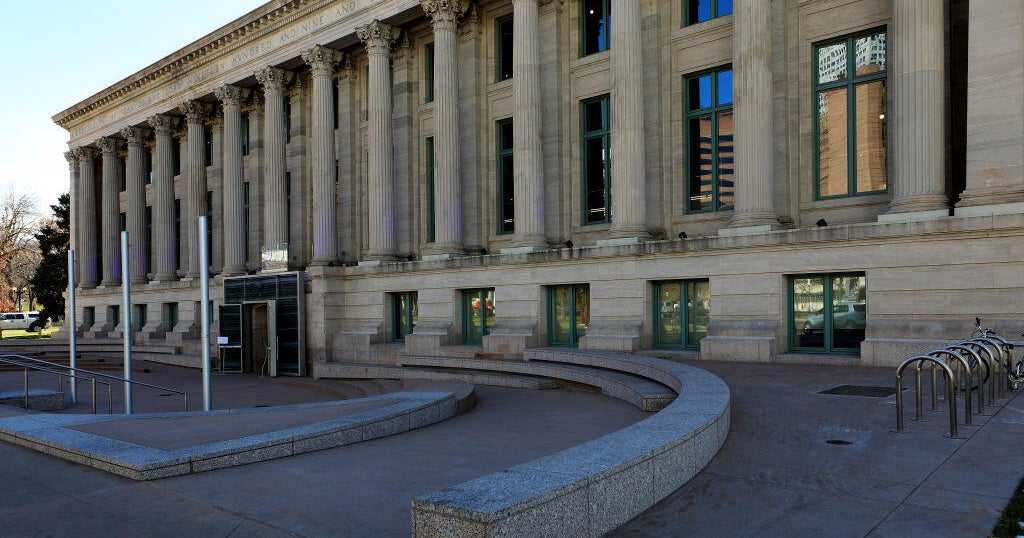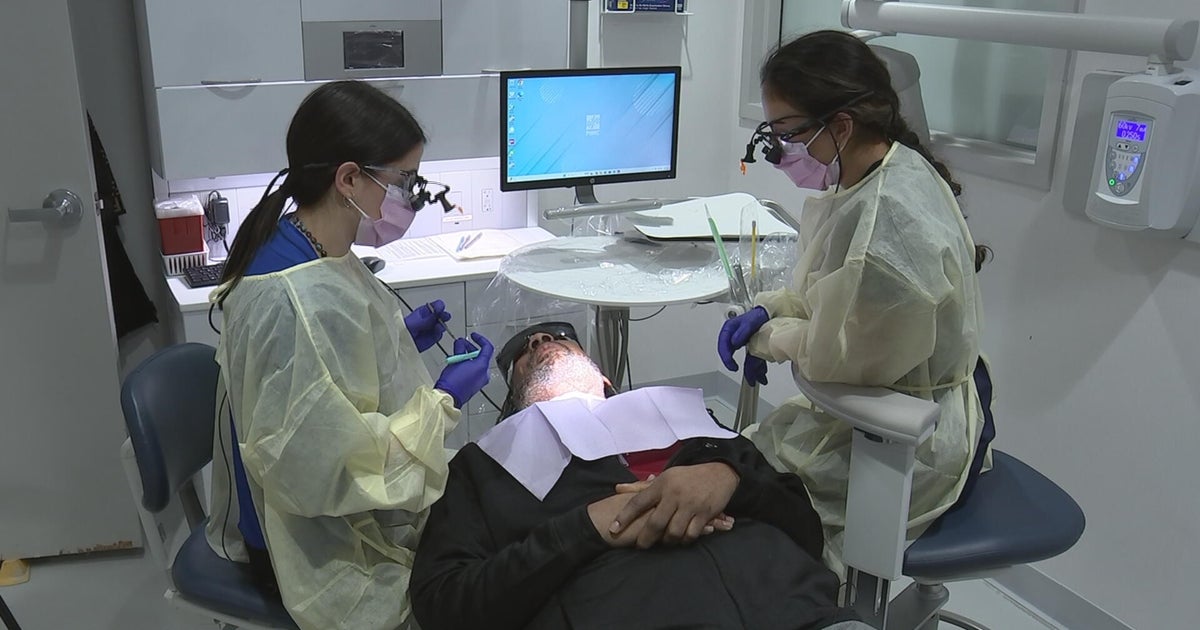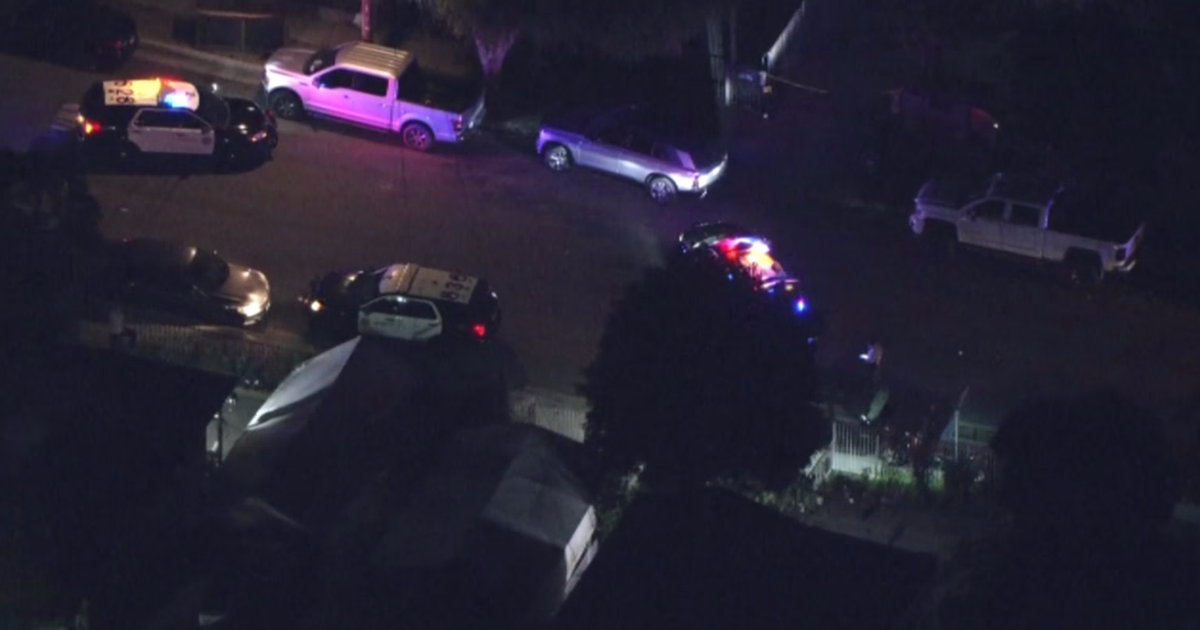Denver asks for help with migrant clinics and screenings
Denver is putting out the call for help as it conducts screenings and clinics for migrants hoping to get work authorization.
"Nonstop. All we ever hear is how much they want to work," said Jon Ewing, spokesperson for Denver Human Services.
The pace of arrivals has now slowed down from over 200 a day in January to 15-20 migrants per day. There are currently about 2,800 migrants in shelters in the city, down from over 5,000 in January.
"All they need is a little bit of help to get through the paperwork, to cover the fees, to make sure that's not in their way," said Ewing.
RELATED: Bus run by nonprofit picks up migrants at a Denver motel, takes them to shelter
"It was really expensive. Especially without a job here, because we didn't have legal documents to work," said Yurgi, through an interpreter.
She is a mother trying to get work authorization. Yurgi arrived in February of last year, which should help her in the process. She may well be eligible for temporary protective status under rules created by the Biden Administration, allowing her to seek work authorization.
"I need an organization that can also help me, because really, I don't have any organization that says, 'look, we're going to help you,'" she said.
The city says at the screenings it would like bilingual help to register immigrant newcomers for work authorization clinics. The clinics will be where they will receive support with applying for work authorization. U.S. Citizenship and Immigration Services will be there as well helping with filing the work authorization application. The city is hoping for immigration attorneys.
"We are seeking volunteer immigration attorneys who can supervise the application preparers, answer questions, and review the application before submitting to USCIS," says an online signup page.
The city says it is willing to offer $125 per hour to experienced immigration attorneys.
In addition to those who arrived before July 31 of last year, those who applied through the U.S. Customs and Border Protection's CBP One app also have a path to work permits. But the percentage who are eligible is fairly low.
"I would say probably fewer than 25% of the people in our shelters have the ability or are eligible for work authorization. But every person counts," said Ewing.
"We need to know how to proceed," said a man named German outside one of the hotels the city is using to house migrants.
With him are his wife, 15-year-old son and nine-year-old daughter. A former diamond-mining worker, he is hoping for asylum, "because I was kidnapped in Venezuela from the government," he said. "Because I was working with human rights."
However, he had not used the CBP One app and arrived at the end of November. His path will likely be harder.
"There's a right for people in this country seeking asylum to have their case heard in a court of law," he said.
But work authorization can only be applied for months after asking for asylum. It leaves the question of what will happen to those who ultimately do not gain the right to stay and work. That is not yet answered.
To sign up to be a volunteer, click here.








